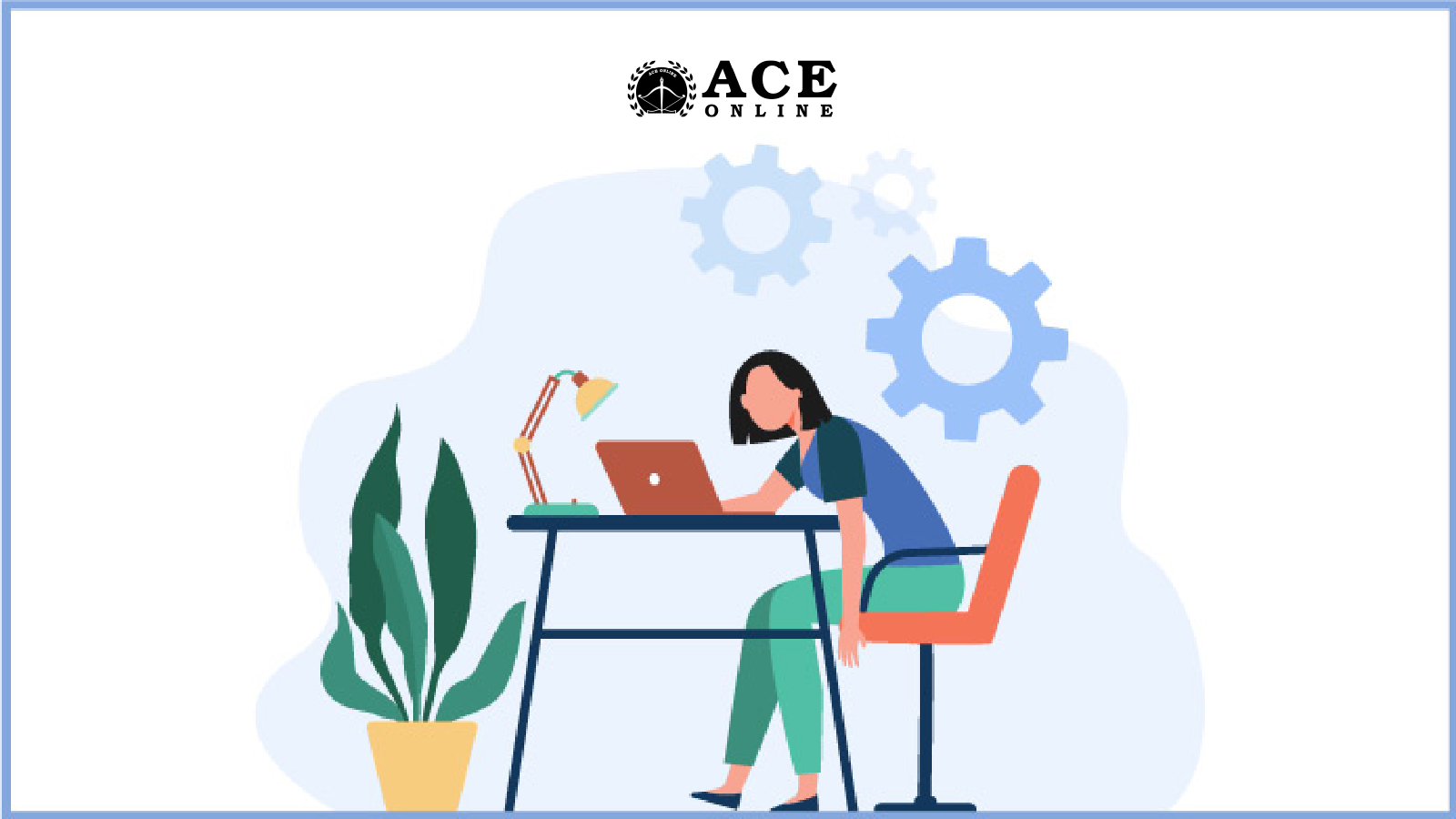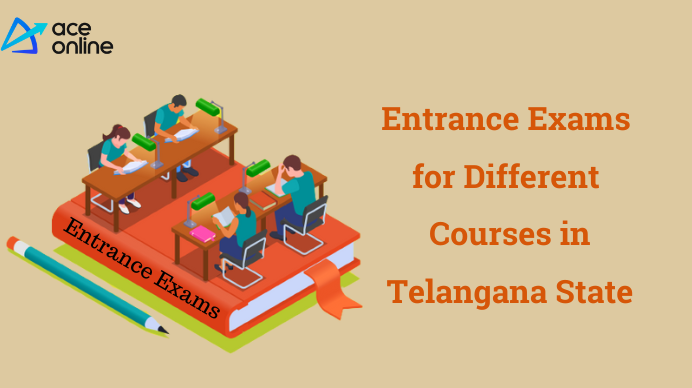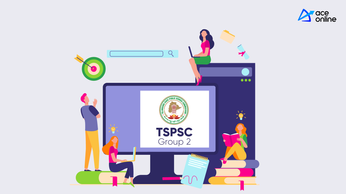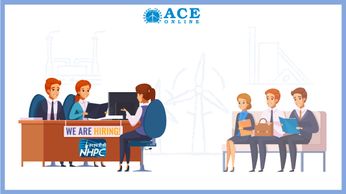
UPSC ESE/IES Civil Engineering Preparation Tips 2021
Engineering Service Examination is one of the most competitive exams in India. Level of competition every engineering students has to face when it comes to ESE. Here is how to effectively prepare for ESE 2022 - Civil Engineering.
Engineering Service Examination is one of the most competitive exams in India. The syllabus for ESE Civil Engineering is vast. Therefore, students need to spend a reasonable amount of time and effort to score good ranks. As per the available data, nearly 3 lakhs students applied for ESE 2020, out of which only 302 were finally selected. This shows the level of competition every engineering students has to face when it comes to ESE. Here is how to effectively prepare for ESE 2022 - Civil Engineering.
In the Civil Engineering branch, 801 candidates have been selected in the prelims exam and the number came down to 127 after the final round. As an ESE aspirant from Civil Engineering stream, you should invest the best effort to get through the exam. Here is the category-wise list of candidates who got selected in the civil engineering branch.
Crack the upcoming ESE Exam through ESE Coaching Online
Final Result ESE 2020
Previous Year Cut Offs
Why do you need to look at the previous cut-offs before starting your ESE preparation? By analysing the previous year ESE cut-offs, you will get an idea about the level of competition in each category. You will be able to set your learning goals as per the expected cut off that you need to clear. The final cut-offs for the ESE Civil Engineering exam in 2018, 2019 & 2020 are 710, 702 & 807 respectively (general category). This shows that the competition is increasing year after year.
If you are aiming for a top rank, you should always be focused on getting more than the previous years’ cutoffs. So aim for a higher score margin during your preparation and work hard until you reach that margin in the mock tests.
Check out the category-wise cut-off trends followed in the years 2018, 2019 & 2020.
ESE 2018 Cut Off for Civil Engineering
ESE 2019 Cut Off for Civil Engineering
ESE 2020 Cut Off for Civil Engineering
When to start your ESE preparation?
The ideal time to start your preparation is after your B.Tech final exam. Owing to the vast syllabus, you need to invest almost one year for the preparation. However, you can also prepare for ESE in 6-8 months. The point is, you need to adopt an appropriate strategy according to the time you can invest. If you can spend one year for the preparation, you will be able to cover all the prescribed in a detailed way. But if you only have less time, you should be focused on the high-weightage areas and create the study plan accordingly.
ESE Syllabus
Every ESE aspirant would have a copy of the official syllabus, there is no doubt about that. But, how well do you know the syllabus? Are you confused about where to start and how to organise your study hours? There is only one solution for all these problems - understand the syllabus in and out. Download the syllabus from the UPSC website and keep it handy. By knowing the syllabus and the previous year trends of the ESE exam fully well, you can develop a killer strategy. You can find the detailed ESE Civil Engineering Syllabus below.
Study Plan
Make the study plan according to your knowledge level. For example, if you are comfortable with the basic concepts of the Civil Engineering Syllabus, you have to make an intensive plan to cover all the details of the syllabus. On the other hand, if you are weak in the basic concepts, you have to make a study plan to strengthen your conceptual foundation and later a detailed study. You have to understand the most important topics and their question distribution in the previous years. This helps in the proper division of time for each subject or topic according to its weightage and importance in the exam.
Study Materials
Another crucial aspect of an effective strategy is finding the best study materials. Since there are so many different topics to cover, students may get confused while choosing the study material. There are countless good quality study materials available in the market. But which one to choose? You need to look at the students’ feedback on different leading study materials and go with just one standard institute. Having so many study materials might give you unnecessary stress.
If you are planning to join a coaching class, it is better to do it after thorough research. You have to consider a number of factors while choosing an online course that works best for you.
Read How to Find the Best Online Course for Your GATE/ESE/PSUs Preparation to find the best course.
Test Series, Previous Year Question Papers, Mock Tests
This is one of the most important steps in your ESE preparation. During your preparation, you should solve as many question papers as you can. The strategy you should adopt is, solving the previous questions in the beginning stage of your preparation. So, try to analyse and work out the questions from the last 5-10 years. This helps you to understand the exam pattern, question type and weightage areas. It also helps to assess your knowledge level. By doing this in the early stage, you will be able to create a suitable study plan.
Revision
We can never stress enough but REVISE. Regular revision ensures that your effort and time are valued. If you ignore timely revisions, you might be ruining whatever you have done so far. Allot enough time for revision daily, weekly and monthly.
ESE Civil Engineering 2021 Syllabus
Paper I - General Studies and Engineering Aptitude (Preliminary Examination/Stage‐I, Objective Type, Common to all Candidates)
1. Current Issues of national and international importance: Social, Economic and Industrial Development.
2. Engineering Aptitude covering Logical Reasoning and Analytical Ability.
3. Engineering Mathematics and Numerical Analysis.
4. General Principles of Design, Drawing, Importance of Safety
5. Standards and Quality practices in production, construction, maintenance and services.
6. Basics of Energy and Environment: Conservation, Environmental Pollution and Degradation, Climate Change, Environmental Impact Assessment.
7. Basics of Project Management.
8. Basics of Material Science and Engineering.
9. Information and Communication Technologies (ICT) based tools and their applications in Engineering such as networking, e‐governance and technology-based education.
10. Ethics and values in the Engineering profession.
Paper-II Civil Engineering (Detailed)
1. Flow of Fluids, Hydraulic Machines and Hydro Power:
(a) Fluid Mechanics, Open Channel Flow, Pipe Flow: Fluid properties; Dimensional Analysis and Modeling; Fluid dynamics including flow kinematics and measurements; Flow net; Viscosity, Boundary layer and control, Drag, Lift, Principles in open channel flow, Flow controls. Hydraulic jump; Surges; Pipe networks.
(b) Hydraulic Machines and Hydropower ‐ Various pumps, Air vessels, Hydraulic turbines – types, classifications & performance parameters; Powerhouse – classification and layout, storage, pondage, control of supply.
2. Hydrology and Water Resources Engineering: Hydrological cycle, Ground water hydrology, Well hydrology and related data analysis; Streams and their gauging; River morphology; Flood, drought and their management; Capacity of Reservoirs. Water Resources Engineering: Multipurpose uses of Water, River basins and their potential; Irrigation systems, water demand assessment; Resources ‐ storages and their yields; Waterlogging, canal and drainage design, Gravity dams, falls, weirs, Energy dissipaters, barrage Distribution works, Cross drainage works and head‐works and their design; Concepts in canal design, construction & maintenance; River training, measurement and analysis of rainfall.
3. Environmental Engineering: (a) Water Supply Engineering: Sources, Estimation, quality standards and testing of water and their treatment; Rural, Institutional and industrial water supply; Physical, chemical and biological characteristics and sources of water, Pollutants in water and its effects, Estimation of water demand; Drinking water Standards, Water Treatment Plants, Water distribution networks. (b) Waste Water Engineering: Planning & design of domestic wastewater, sewage collection and disposal; Plumbing Systems. Components and layout of sewerage system; Planning & design of Domestic Waste‐water disposal system; Sludge management including treatment, disposal and re‐use of treated effluents; Industrial waste waters and Effluent Treatment Plants including institutional and industrial sewage management. (c) Solid Waste Management: Sources & classification of solid wastes along with planning & design of its management system; Disposal system, Beneficial aspects of wastes and Utilization by Civil Engineers. (d) Air, Noise pollution and Ecology: Concepts & general methodology.
4. Geo‐technical Engineering and Foundation Engineering : (a)Geo‐technical Engineering: Soil exploration ‐ planning & methods, Properties of soil, classification, various tests and inter-relationships; Permeability & Seepage, Compressibility, consolidation and Shearing resistance, Earth pressure theories and stress distribution in soil; Properties and uses of geosynthetics (b) Foundation Engineering: Types of foundations & selection criteria, bearing capacity, settlement analysis, design and testing of shallow & deep foundations; Slope stability analysis, Earthen embankments, Dams and Earth retaining structures: types, analysis and design, Principles of ground modifications.
5. Surveying and Geology: (a) Surveying: Classification of surveys, various methodologies, instruments & analysis of measurement of distances, elevation and directions; Field astronomy, Global Positioning System; Map preparation; Photogrammetry; Remote sensing concepts; Survey Layout for culverts, canals, bridges, road/railway alignment and buildings, Setting out of Curves (b) Geology: Basic knowledge of Engineering geology & its application in projects.
6. Transportation Engineering: Highways ‐ Planning & construction methodology, Alignment and geometric design; Traffic Surveys and Controls; Principles of Flexible and Rigid pavements design. Tunneling ‐ Alignment, methods of construction, disposal of muck, drainage, lighting and ventilation. Railways Systems – Terminology, Planning, designs and maintenance practices; track modernization. Harbours – Terminology, layouts and planning. Airports – Layout, planning & design
Civil Engineering - List of Departments/Posts
Central Engineering Service
Central Engineering Service (Roads)
Military Engineering Service
Survey of India Service
Border Roads Engineering Services
Indian Defence Service of Engineers
AEE(QS&C) in MES Surveyor Cadre
Central Water Engineering Service
Get the best revision plan for your upcoming exam at Online ESE Coaching
Subscribe our YouTube Channel for more updates https://bit.ly/3I1PDWs
For simple and smooth learning follow us on Facebook https://bit.ly/3uUG47W
Easy to learn, simple to remember follow us on Instagram https://bit.ly/3oTntVU
Download our android app to receive updates https://bit.ly/3HY20CS
Connect with knowledge by Download our windows app https://bit.ly/3LGyVOg
Think bigger, Learn Smarter, Download our iOS app https://apple.co/3LFzwzO
ACE Online Newsletter
Join the newsletter to receive the latest updates in your inbox.






